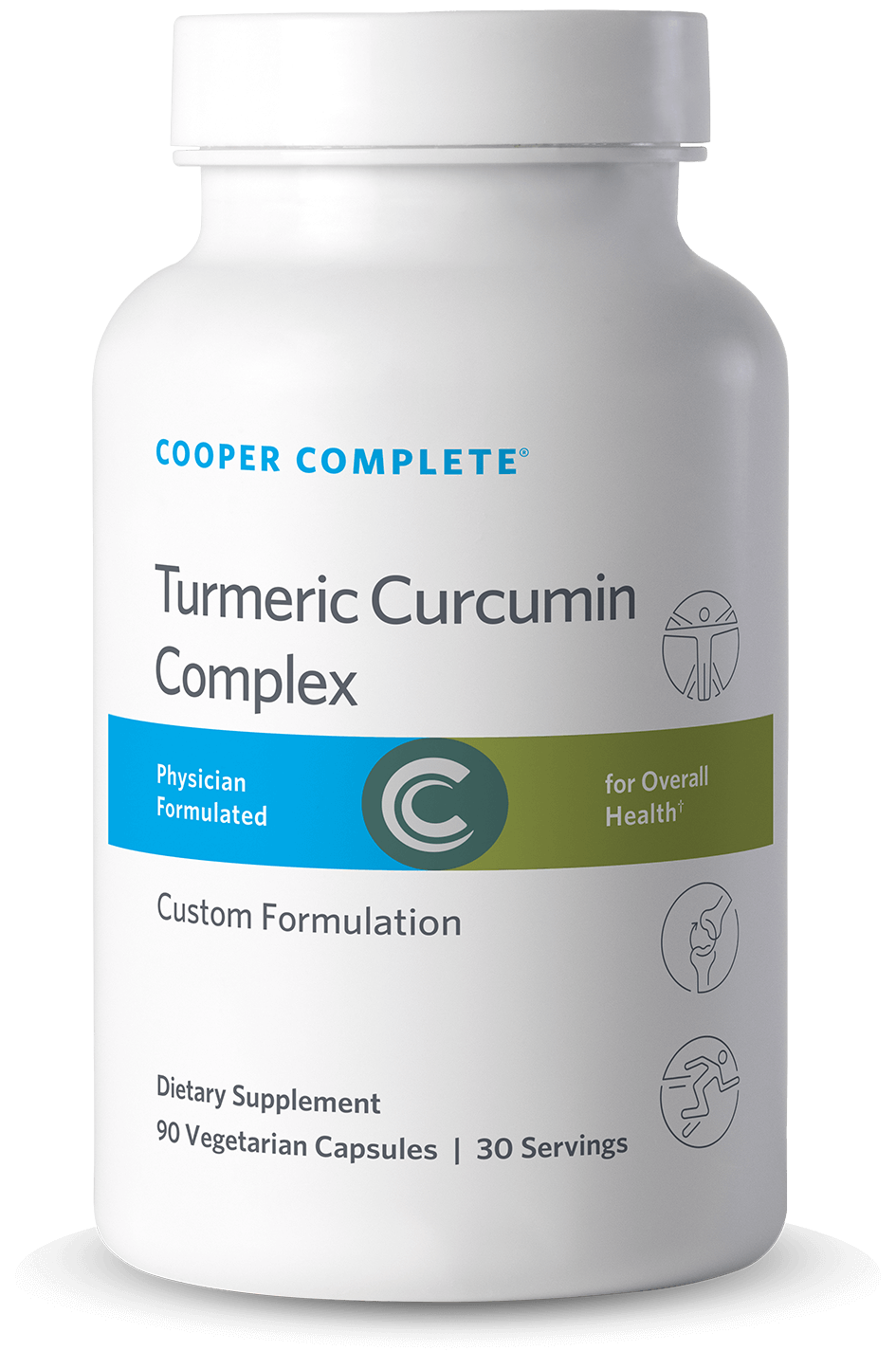The Advantages of Taking Cayenne Pepper Supplements for the Body

We recently received an inquiry about Cayenne Pepper supplements. Cayenne pepper is a member of the Capsicum family of vegetables, which also includes red peppers, bell peppers, pimento, and paprika. Capsicum adds color, pungency, and aroma to foods. The level of pungency (heat) in peppers depends mainly on the concentration of capsaicinoids. Chili peppers and red peppers have higher capsaicinoid levels, while paprika has lower levels. Spanish paprika, made from pimentos, has almost no heat and is used primarily for coloring. Cayenne pepper is made by drying and then grinding the hotter chili peppers and red peppers into a powder.

Turmeric Curcumin Supplement
Contains 1000 mg of turmeric extract, which is standardized to contain 95% curcuminoids, and 10 mg of black pepper in 3 vegetarian capsules. Physician formulated to support a healthy inflammatory response.
$35.98 Add to cartWhen we consume foods containing higher levels of hot peppers, capsaicin causes a chemical messenger, “substance P,” to release artificially. Substance P in our nerve cells is responsible for transmitting pain signals. This artificial release is transmitted to our nervous system, and this is how we feel the burning pain in our mouth from the heat. Over time and repeated intake of hot, spicy foods, the level of substance P is depleted in our mouth, so people who eat a lot of hot foods regularly actually do build up a gradual tolerance to the heat.
Capsicum or Cayenne Pepper Skin Cream
The same “tolerance” that allows frequent hot pepper eaters to tolerate the heat more easily than those who only occasionally have hotter foods is the basis for over-the-counter capsicum creams that can be topically applied to the body. Caution should be exercised when using these creams, though, as the same “hot” sensation we get when eating peppers or prepping hot peppers for food dishes also applies to these creams. They can be painful, particularly if they hit any open cuts or mucous membranes. There’s good clinical evidence that Capsicum topically applied in a plaster or cream is helpful in reducing lower back pain. There have also been research findings that capsicum plasters combined with acupuncture can help relieve postoperative nausea and vomiting. The active capsicum constituent capsaicin is approved by the FDA for certain over-the-counter topical preparations.
Capsicum or Cayenne Pepper Supplements Side Effects
So, should one consider cayenne pepper supplements? When used orally, capsicum or cayenne pepper supplements may cause gastrointestinal irritation, mouth and throat irritation, damage taste buds and reduce our ability to taste foods fully. In addition, these supplements may cause flatulence, gas, indigestion or diarrhea. They can also aggravate existing ulcers. Even with all these side effects, oral Capsicum supplements have been suggested as a cure-all for everything from weight loss, sore throat, gastrointestinal disorders, diabetes, and skin conditions. However, the science for Capsicum in these areas is lacking. Capsicum supplements may also impact blood thinners, antidepressants, insulin levels, and blood pressure. They can cause allergic reactions in those who are allergic to bell peppers, paprika or other peppers.
For all of these reasons, we’ll continue to enjoy all kinds of peppers in our food, and yes, cayenne pepper in some of our dishes, but will shy away from taking Capsicum supplements.
Article by Jill Turner, President Cooper Concepts
